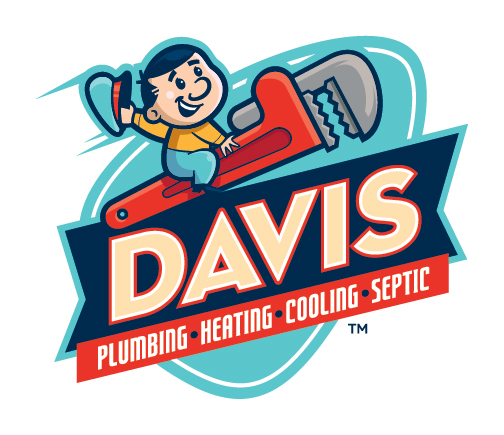Professional AC Installation Services in Perris, CA
It’s always best to have your AC system replaced by a certified professional who knows how to do an installation properly. Since it can get very hot during the summer those whose AC units are not working are calling for help from their local HVAC professionals to take care of their AC unit.
Air conditioners cool a house, filter out pollen and dust, remove moisture from the air, help people sleep better, and prevent electronic devices from breaking down. In today’s modern times, air conditioners are not just luxuries for homes but are considered a necessity already especially in areas that get hot during the summer.
Some individuals may believe that an air conditioner is out of their price range. The truth is, high-efficiency AC systems today, along with the utilization of smart thermostats, make cooling your home much more affordable than ever before. You can learn all about the different types of air conditioning options you have below.
What types of units should you consider for your AC installation?
There are now a lot of options that homeowners have for their air conditioning. The choices may seem overwhelming for some homeowners, while others love the plethora of options. Some AC installation solutions may or may not work for you, depending on your personal choices, your home size, and the infrastructure your home already has in existence. The most commonly used AC unit types are given explanations below.
Split System
Most often, the condenser coil will be in an outdoor unit while the evaporator coil is inside the house, often in a utility closet. The system works to blast cool air throughout the home with ductwork and vents. It can be prohibitively expensive to add ductwork to a home that has none. However, when it comes to energy costs, high-efficiency systems and smart thermostats can make this an affordable option in the long run.
Packaged System
The condenser, evaporator, and compressor are all fixed in packaged systems on roofs or concrete slabs close to the home. This same packaged system can also work with the vents and ducts. This unit may also have heating elements that will remove the need to have an additional furnace.
Heat Pump
Depending on the season and temperature, heat pumps collect air from the outside and convert it to either cold or warm air to be used throughout the home. These units work best in areas with milder climates, as their range of operational temperatures is more limited. Geothermal systems are designed for places where the temperature fluctuates a lot more, so this might be a better option for homes there.
Evaporative Cooler
Such an AC type is given the term swamp cooler at times. It pulls outside air through a moistened pad, and that helps to cool the air down as the moisture evaporates. These AC systems are ideal for drier climates, and a direct evaporative cooler can add even more moisture to your household. The effectiveness will eventually wear off as the indoor humidity climbs to a certain level, and the fan can be noisy, but they are low in cost when you consider installation, maintenance, and daily use.
Ductless Mini-Split System
You’ll find that these systems are used more extensively in other countries than here, but they are a good option if your home is an older one that lacks ductwork and can’t easily be retrofitted to add it. An outdoor condenser/compressor unit provides cool, filtered air to individually controlled blowers located in each room.
Homeowners have more control when cooling individual areas rather than an entire house. However, if a homeowner does want the whole house to be cooled, central air is more affordable than having a mini-split fan for each room.
Remember to regularly service your new unit.
You should service your unit at least once a year to keep it running optimally once it is installed. AC technicians are capable of watching for general wear and tear, replacing parts, and maintaining the device for as long as possible to keep it running. Regular maintenance can prevent breakdowns from suddenly happening when you need it most, such as during the summer months.
The lifespan of air conditioning units is around ten years before they are recommended to be replaced. It’s best to have the latest model picked before life runs out on your system so replacement is a piece of cake and your home can get back up and running again quickly. Keep in mind that you’ll see a decline in efficiency as your unit ages. Once you install a new unit, you’re likely to see decreased energy bills and better performance.
